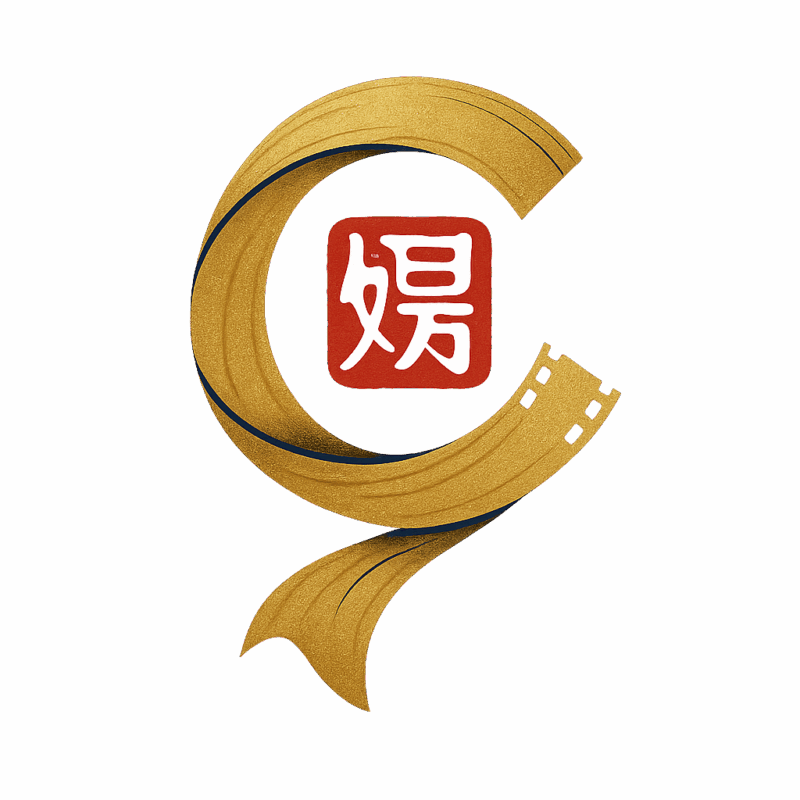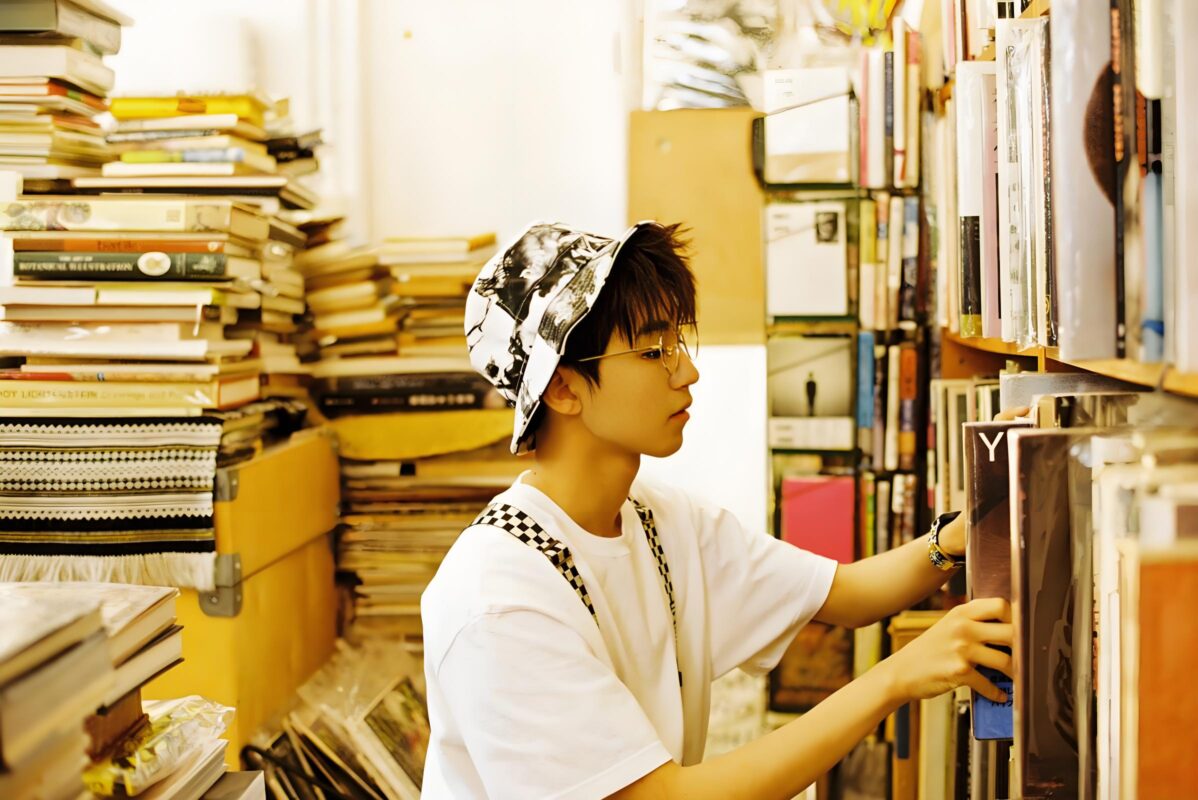The Viral Claim and Its Questionable Origins
In July 2025, social media platforms like Weibo buzzed with an explosive allegation: pop icon Wang Junkai (王俊凯)—TFBOYS captain and actor—had reportedly failed 16 subjects during his university studies. The rumor spread rapidly across fan forums and entertainment gossip accounts, amplified by hashtags like #王俊凯挂科十六门. Notably, the claim emerged devoid of verifiable evidence—no official transcripts, university statements, or credible testimonies surfaced to substantiate it. Instead, screenshots of anonymous forum posts and edited chat logs fueled the narrative. This pattern aligns with recurrent disinformation tactics targeting Chinese celebrities, where unverified academic scandals resurface during career milestones—in Wang’s case, coinciding with his 2025 film releases and concert tours. Historical precedents show similar rumors exploited public skepticism toward celebrity academic credentials (Source: Zhihu.com).
Fact-Checking Against Verifiable Academic Records
Documented Academic Achievements
Public records starkly contradict the viral claim. Wang Junkai’s college entrance examination (gaokao) scores are well-documented:
- Total score of 699 (2017), surpassing Chongqing’s arts stream cutoff by 98 points.
- Mathematics perfect score (150/150), a rarity among arts students.
- English proficiency proven via CET-4 and CET-6 certifications—national standardized tests rarely cleared by performers juggling careers.
University Performance Context
While attending Beijing Film Academy (BFA, 2017–2021), Wang balanced filming schedules with coursework. BFA’s rigorous attendance policies mandate 80% minimum attendance to qualify for exams—a threshold impossible to meet while failing half a degree’s worth of subjects. Industry insiders note BFA’s strict penalties for academic negligence, including public expulsion notices for severe failures—none involving Wang.
Anatomy of a Rumor: Why This Narrative Persists
Cultural Tensions Around Celebrity Academia
The rumor leverages China’s intense scrutiny of artist-scholars. Public skepticism toward entertainers’ intellectual legitimacy dates to the 2000s, when “illiteracy scandals” plagued stars lacking formal education. Wang, as a top-tier idol with elite training, becomes a lightning rod for these anxieties. His gaokao math feat—publicized nationally in 2017—paradoxically made him a target for academic sabotage narratives.
Anti-Fan Ecosystems and Disinformation
Evidence points to orchestrated attacks by anti-fan groups (黑粉). Tactics include:
- Historical revisionism: Repurposing 2023 critiques of his “barely passing” gaokao scores (438 vs. 436 cutoff) into fictional university failures.
- Algorithmic amplification: Coordinated posting during high-traffic periods (e.g., Wang’s concert announcements) to maximize visibility.
- Pseudoscientific “leaks”: Fabricated grading sheets using outdated university templates to feign authenticity.
The Bigger Picture: Idol Culture and Unreal Expectations
Wang’s case underscores the toxic expectations placed on Chinese celebrities. Unlike Western artists, C-pop idols face demands for multidimensional excellence—musical talent, acting prowess, and scholarly achievement. This stems from Confucian values linking morality to education, amplified by state media’s promotion of “virtuous artist” role models. Wang’s documented work ethic—studying between concert rehearsals, hiring tutors during film shoots—reflects industry-wide pressure. Yet, the rumor industry weaponizes these expectations, framing academic imperfection as moral failure.
The persistence of such myths also reveals regulatory gaps in Chinese social media. Despite 2023’s “Clear and Bright” campaign against online rumors, enforcement remains uneven. Anonymous accounts continue operating via encrypted platforms, exploiting jurisdictional loopholes. Until verification mechanisms for celebrity-related claims improve, baseless allegations will endure as weapons in fandom wars.

